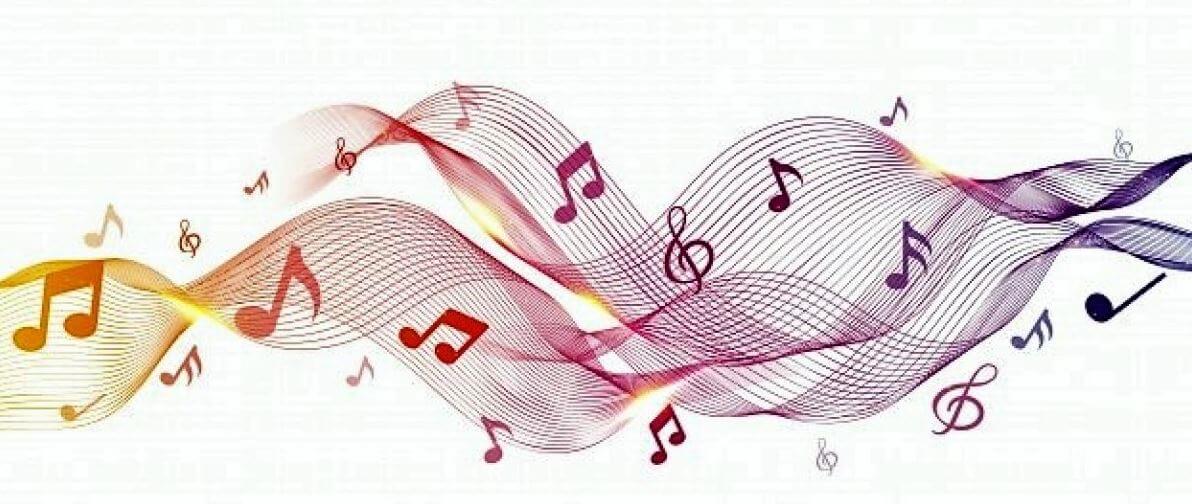 Many people are already familiar with music’s ability to uplift the mood or help you relax, but many aren’t aware that there is a formal practice of using music to address various needs of individuals. In this article, you will learn more about music therapy and what it entails, and how you can take advantage of it.
Many people are already familiar with music’s ability to uplift the mood or help you relax, but many aren’t aware that there is a formal practice of using music to address various needs of individuals. In this article, you will learn more about music therapy and what it entails, and how you can take advantage of it.
Defining Music Therapy
Enjoying music, at the most basic level, is a therapeutic activity, and people can greatly benefit from it anytime.
Using this basic concept and understanding, music has been utilized in a clinical and professional sense to help people with their physical and mental health concerns.
This is appropriately known as music therapy, and like other forms of therapy, professionals must be trained and certified, just like with other methods such as cognitive-behavioral therapy, interpersonal therapy, and acceptance and commitment therapy, which you can learn about here:
https://www.betterhelp.com/advice/therapy/what-is-acceptance-and-commitment-therapy/
Like these other types of therapy, music therapy is also evidence-based, meaning that it is backed by adequate scientific research. Sessions will typically last between 30 minutes to an hour, attended once a week, and can be on a one-on-one basis or as a group. It also works on people of all ages.
As you continue to read, you’ll become familiar with the different ways music can be used to help people with physical, emotional, social, and cognitive aspects in their lives and see positive changes in them.
Examples of Music Therapy
Although casually listening to music can be helpful and be very beneficial, music therapy is much more involved and there are often specific goals that will be created by you and your therapist.
People who participate in music therapy can learn how to perform music, improvise, and compose, and while it might improve a person’s musicianship skills, the aim is to target non-musical goals, such as communication, cognition, emotional, behavioral, social, and motor skills.
Here are some examples:
- Singing can help people with speech troubles or breath control,
- Learning an instrument can help patients with motor disabilities and attention-skills
- Improvisation can encourage free expression
- Group performance can facilitate communication and team-building
Any instrument can be used in music therapy, but singing, guitar, piano, and percussion are among the most popular. What’s most important is working with a therapist to figure out what you are interested in most and assessing your goals so that you can make optimal progress.
Who Is Music Therapy For?
From kids with autism spectrum disorder or attention deficit hyperactivity disorder to elderly individuals struggling with dementia or who have recently experienced a stroke, music therapy can be helpful for people of any age who are struggling with just about any concern, but you don’t necessarily need to have a debilitating condition to enjoy these activities.
Getting involved with music can have physical and mental benefits, and if you’re simply looking to de-stress and learn how to cope with your feelings and emotions, music therapy may be right for you.
According to the American Music Therapy Association, you can find and connect to therapists in this field in various locations, such as schools, hospitals, community centers, rehabilitation clinics, and senior centers, depending on your age and personal needs.
Once you are assessed at the location of your choice, you can get started on the path to recovery in a fun, exciting, and very interactive way.
Conclusion
Hopefully, this article has shown you how music therapy can benefit those with different issues and how it may potentially be a valuable asset in your own life. Reach out today and see if music therapy aligns with your goals, and perhaps you will find a new lifelong hobby that can improve your health, make you feel more confident and empowered, and uplift your spirit when you need it.
Marie Miguel
Latest posts by Marie Miguel (see all)
- THERAPIES THAT MAY IMPROVE YOUR MENTAL HEALTH — February 4, 2021
- WHAT IS MUSIC THERAPY & WHY SHOULD YOU TRY IT? — February 4, 2021
- OVERCOMING TRAUMA WITH ONLINE THERAPY — DOES IT WORK? — February 4, 2021

